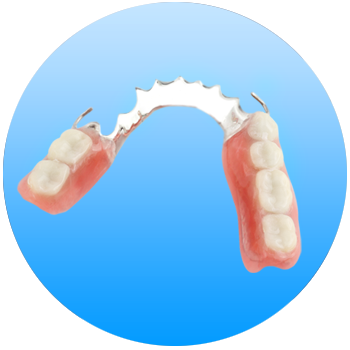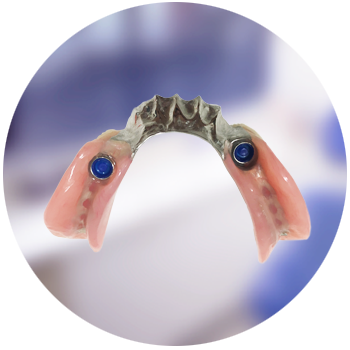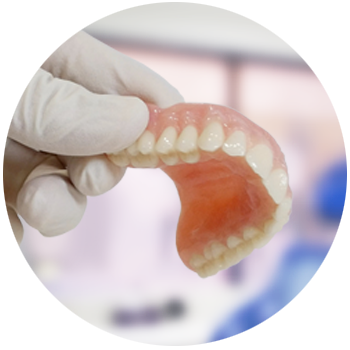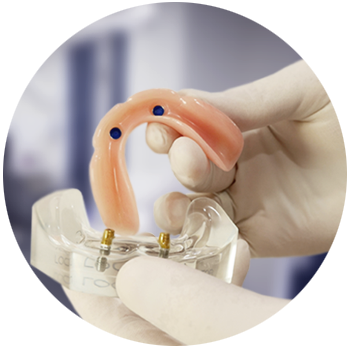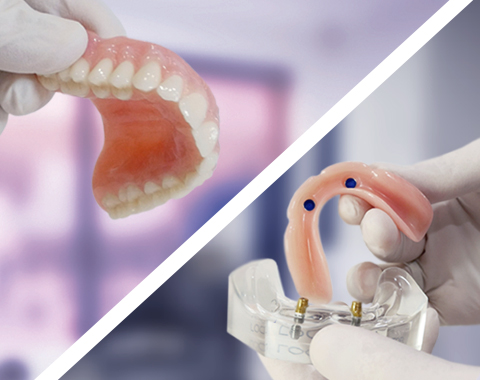
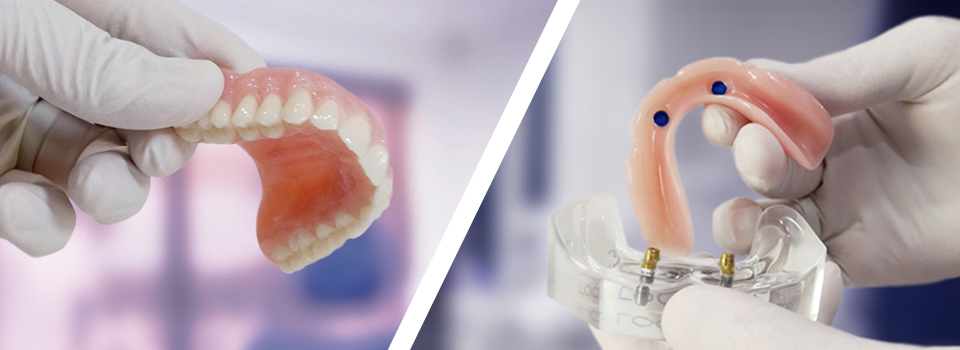
A comprehensive guide to options & associated costs for patients requiring replacement teeth.
If you’re missing one tooth, several teeth or all teeth, there are usually several options available for you. And these options are determined by your dental and overall health, personal preferences and finance.
In this guide, we’ve itemised the most common options available for patients who are missing teeth. However, this is just a guide. Before making any decisions, you must see a dentist. He or she can inspect your mouth, discuss your needs, objectives and options, then write a plan, including pricing and item numbers to present to your health insurance provider to find out exactly how much this procedure will cost.
Note: prices accurate at the date of publication
Get started
Click on the red button that best describes you…
Why bother to replace missing teeth?
Most people find that missing one tooth or several teeth is a concern for both their appearance and health, e.g. ability to bite and chew food. For some, however, having a couple of missing teeth may not be such a concern. If this sounds like you, we still recommend you discuss your choice with your dentist.
Here’s why:
Poor alignment of existing teeth:
When your teeth are missing, your neighbouring teeth no longer have support to keep these existing teeth in place. Therefore, over time, your teeth lose alignment, moving into the area of the missing teeth.
Bone resorption:
If you are missing all or several teeth, your jaw bone no longer receives the simulation from your tooth root every time you bite and chew to keep the jawbone strong. Consequently, the bone starts to resorb, and your jawbone starts to disintegrate, making your facial features fall in. Dental implants help prevent bone resorption occurring.


